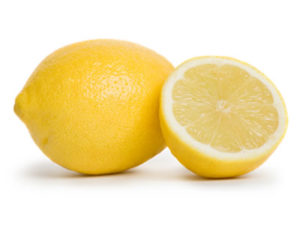
A reader wrote the other day with a bit of earnest confusion that gave me a quick tickle. Earnestness tends to promote hilarity. She said she’d finished the book and pretty much liked it until part of the last chapter that she didn’t understand.
Frankly, I can never imagine how my writing perplexes. To me, I’m always blathering about the most literal, obvious, barenaked things. Perhaps I can’t imagine the confusion because I’m so lousy at imagining.
The reader wondered if by skipping over the evil parts of fairy tales when reading to my wee daughter, did I do that for Buddhist reasons?
This is a very good question, and one that few would be sincere enough to ask.
Did I do it to overcome dualism? So that I didn’t present the dichotomy of good versus bad? Did I likewise edit out so-called good parts? To teach nonjudgmental equanimity? Which is to say, even-mindedness?
This is a question that points to the very trouble with Buddhism.
I laughed the moment I saw it, because no philosophy, Buddhist or otherwise, has ever guided my parenting. Philosophies aren’t very effective at guiding anything. It’s like learning how to drive by studying the motor vehicle code.
So I want to take a minute to make it clear. Many people want to be better, to do good, to raise better children, to save the world, to promote peace, etc. etc. and they reach for a philosophy to do it. Buddhism seems like a pretty nice one. But then, all philosophies are pretty nice ones. They just don’t ever seem to change behavior very much. (See items 1-10.)
What I apply in parenting is not an ideology or worldview, it is not Buddhism or any -ism. It is the magnificent, miraculous, intelligent, intuitive product of Buddhist practice. What I apply, on those lucky days I can find it, is attention.
Attention is what works when I crack open a Disney Read-Aloud Princess Storybook and see that the evil stepmother is about to dispatch an axeman to lop off Snow White’s head. Attention alerts me that it is an inappropriate and unwelcome image to insert into my baby’s silky haired noggin, especially at bedtime. So I skip it, and when my girl points to the picture of the hatchet and asks what it is, I say, “a pencil.”
Until you practice, you might have a hard time believing that attention alone can spontaneously direct and correct behavior without the substructure of a philosophy. A set of prescribed rights and wrongs. Or in the Buddhist sense, a set of prescribed non-right rights and non-wrong wrongs.
People are fond of saying about their chosen ethics or morality, “How else will we know right from wrong?” And I ask this: beneath your skin, in your bones, within your heart, have you ever not known right from wrong? Just attend to that knowing.
Attention alone is what assuages anger, abates greed, and promotes kindness. Attention alone is even-minded. Attention is love, and love always knows what to do.
I’m so glad you wrote and brought it to my attention.



 The role of a parent in the life of a child: Patience
The role of a parent in the life of a child: Patience




